The American Evasion of Pragmatism: Souls, Science, and The Case of Walker Percy
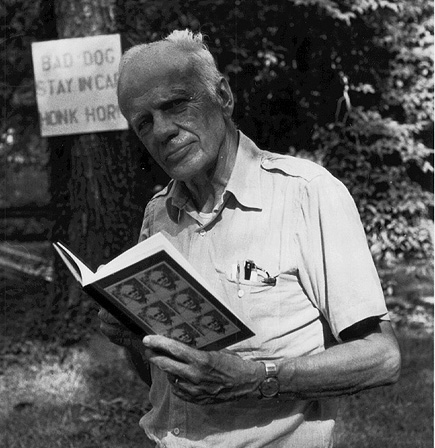
It is the scientist’s “being-in-the-world” that allows her to describe planets and bacteria, “things and subhuman organisms,” but the “being-in-the-world” of the layman occupies what Percy calls a “different sort of reality,” resting upon the linguistic and social ties that constitute a “non-material, non-measurable entity.” And what holds true of our triadic relationships also goes for us as individuals. A “material substance cannot name or assert a proposition,” which accordingly means, Percy concludes, that “the initiator of a speech act” is also something that the natural sciences are incapable of recognizing: “The agent is not material.”
Midsummer Zero
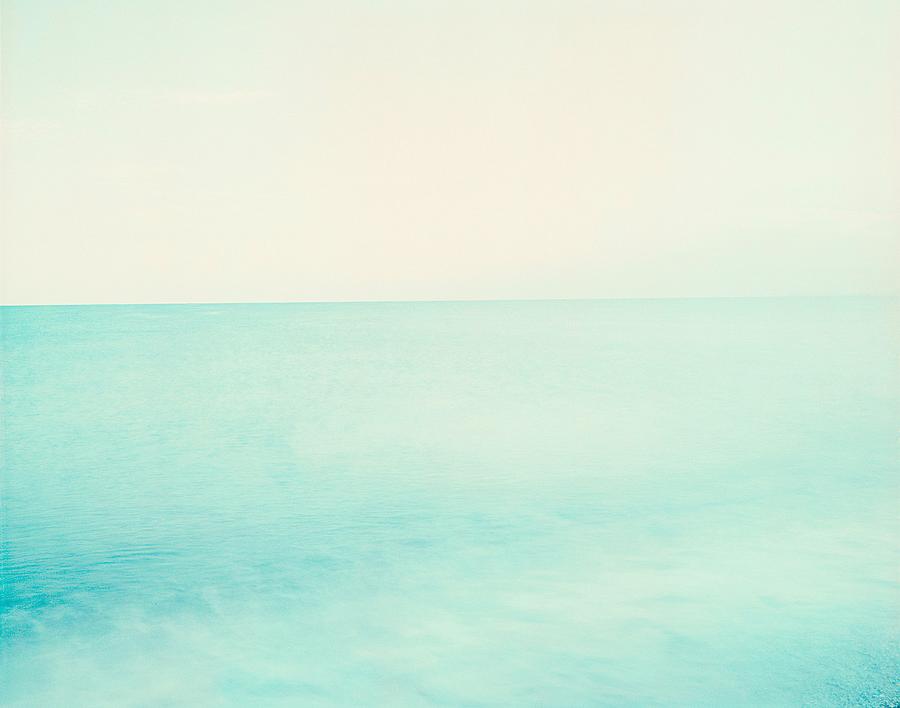
There is not not anything true here; there is not no thought
whose single attention might burn as the day burns, holding
in flame and in fury to longing, or stuck to the nub
of some one refusal, some stubborn remainder of thought.
The Beauty of a Social Problem
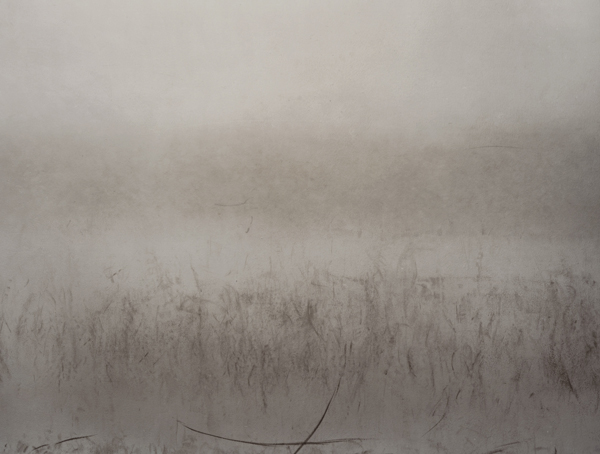
Unemployment is both a problem and a solution. It’s a problem for the unemployed, who want work, a solution for employers who not only want workers but also want the cheapest ones they can get.
Being Numerous
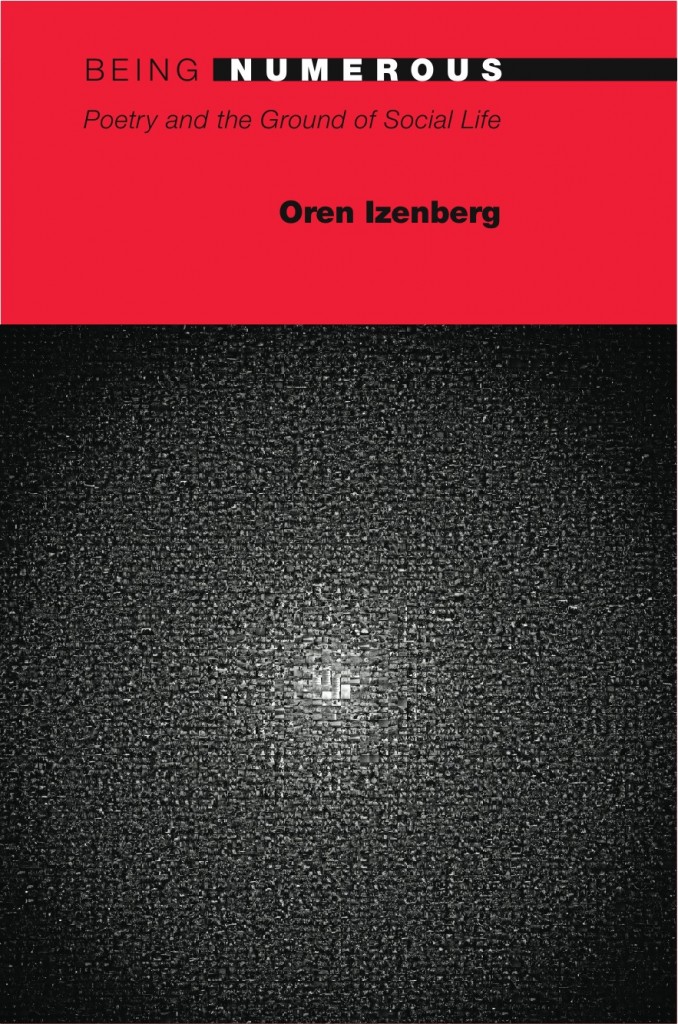
Welcome to the opening of the Tank, into which we drop a published work or a work-in-progress (or some piece of one or the other) and see what happens when the water starts churning. In our first installment, Oren Izenberg steps into the water.
My New Asshole

My new asshole’s official candy
is cola-flavored, fish-shaped.
Money is in the Eye of the Beholder

Marie Claire and affect theory; Gombrich and neoliberalism; reparations for the ugly and the continuing hold of Degenerate art.
Three Tremés
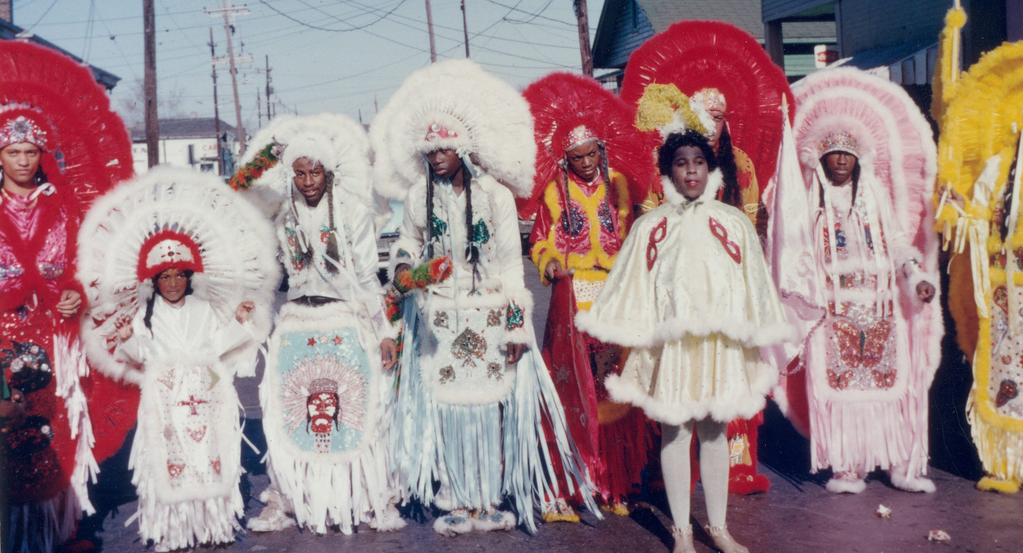
Not only is everything that was good about The Wire, such as use of silence and nuance to make points and to evoke the effects of deep structural forces and a narrative that is decidedly and proudly not moved along by music or soap operatic plot devices, bad about Treme; Simon is also in way over his head. His vision has been captured and colonized by the touristic discourse of “real” authenticity.
After Hegel: An Interview with Robert Pippin
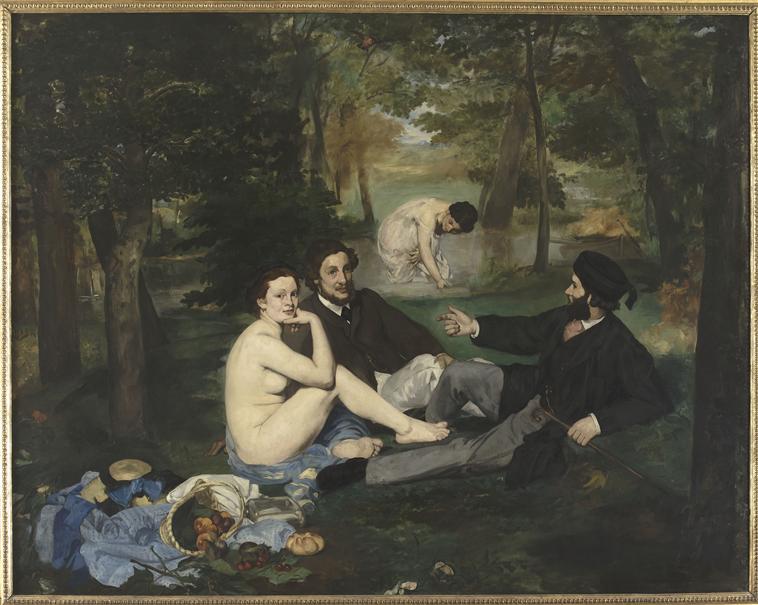
The dimension of a free life that Hegel is interested in has not, by virtue of these critiques, been superseded or gone away, unless we have some way of understanding what it would be to actually acknowledge such a departure in life. The postmodernist critique of subjectivity is “overdone” to the extent that it leaves us with no concrete way to understand what the actual position of subjectivity should look like to an agent.
Terrence Malick’s New World

On screen and soundtrack, The New World stages internal relations and disjunctions while revealing them to be constitutive of a cinematic world. Yet the purpose of the film is precisely not to articulate a defensible thesis about “worldhood.” It is to effect nothing less than a conversion of the gaze—a purpose inimical to an academic industry that takes positive knowledge as its goal.
Interview with Walter Benn Michaels on Photography and Politics
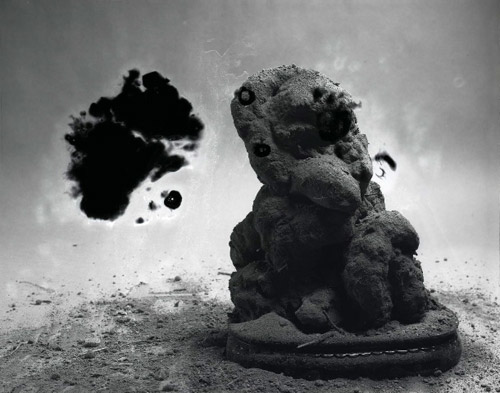
So one easy way to put it would be to say that for many people, photography perfectly embodied the theory and practice of the postmodern, whereas for some people, it created the possibility or felt necessity for a critique of postmodernism. Or, to put the point in terms of intentionality: for many people, the photograph embodies the critique of the intentional that we find in theorists as different as Barthes and Derrida, Crimp and Rancière; for others it embodies something like the opposite – the opportunity to re-imagine intentionality.
